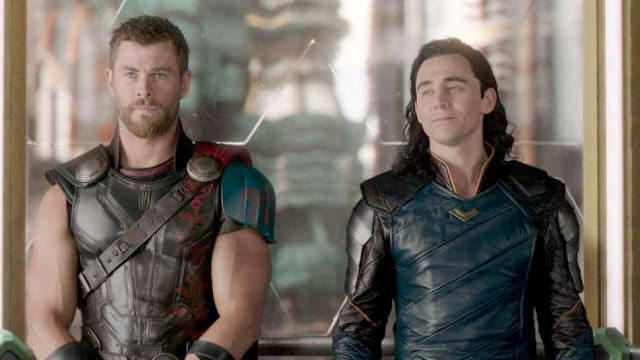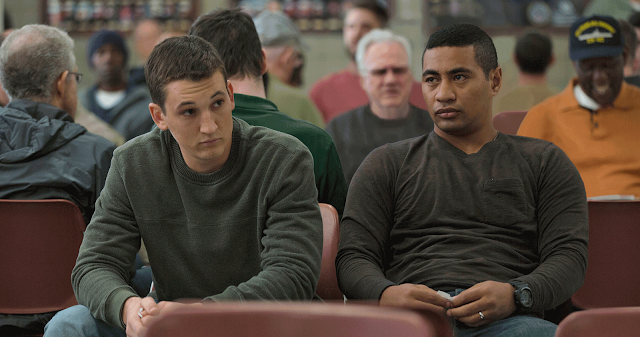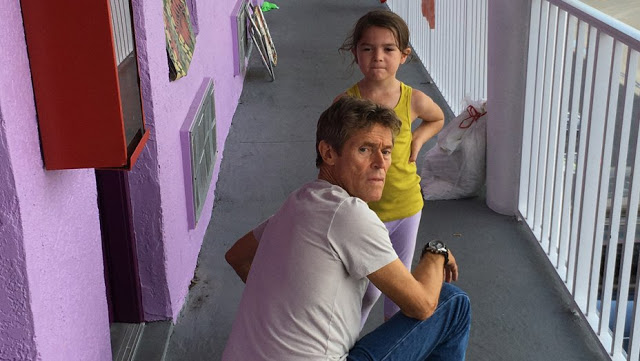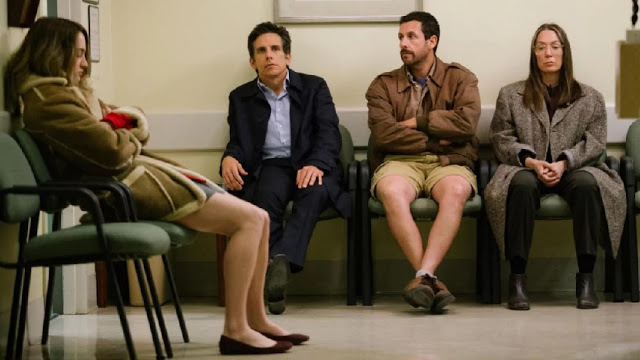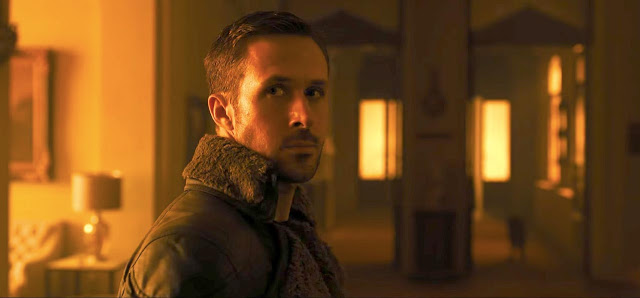Thor: Ragnarok: God of Thunder, Bringer of Rain, Cracker of Jokes
Midway through Thor: Ragnarok, a creature called Korg—a soft-spoken gladiator whose body is composed entirely of lumpy blue rocks—informs the God of Thunder that the planet they’re currently inhabiting doesn’t really make sense. It may not be coincidental that Korg is voiced by Taika Waititi, the film’s director and impish guiding spirit. A New Zealand native best known for his fanciful comedies (What We Do in the Shadows, Hunt for the Wilderpeople), Waititi may not seem an intuitive choice to helm Ragnarok, the third Thor-centric feature and the seventeenth(!) installment in the corporatized mushroom cloud that is the Marvel Cinematic Universe. Yet Waititi’s gift of whimsy proves perfectly suited for the MCU, thanks to a deceptively similar set of priorities. The Marvel movies, for all their lumbering technological clamor, have typically been better at dialogue and character than at action and story, and Waititi embraces that hierarchy with energy and savvy. He realizes that, if you’re going to make a senseless comic-book movie, you might as well make it fun.
And make no mistake: This movie is senseless. Perhaps comic-book aficionados can assemble its random artifacts and fantastical esoterica—fire demons and bi-frosts, eternal flames and infinity stones, cryptic prophecies and resurrected skeletons—into an intelligible map, but even an intimate understanding of Marvel mythology cannot provide Ragnarok with any narrative logic. Nor can it instill any legitimate stakes or tension into a product that is, in broad strokes, entirely predictable. (Given Marvel’s commitment to the perpetual expansion of its sequel-happy universe, it is hardly a spoiler to declare that no Avengers were harmed in the making of this film.) But unlike the first two Thor pictures—which felt leaden and lifeless, weighed down by their ostensible otherworldliness—Ragnarok seizes on its own silliness. When it comes to enjoying this frolicsome, jokey adventure, the plot’s lack of relevance proves irrelevant. Read More

